Devsify AI
Free, Open Educational Program in Data Science and Machine Learning
Lecturer: Dr Goran S. Milovanović
Apply NowFree, Open Educational Program in Data Science and Machine Learning
Lecturer: Dr Goran S. Milovanović
Apply Now
Since its founding in 2017, DataKolektiv has trained over 150 participants, at various levels, in knowledge and skills in the fields of Data Analytics, Data Science, Machine Learning, and AI (not counting the dozens of participants I have taught through my collaboration with Springboard, and who knows how many I have trained in mathematical statistics as an independent consultant over the years…). As the founder of DataKolektiv, I have decided that from the fall of 2024, all DataKolektiv educational programs will become free and open, available to everyone. This education, which we are now making available to all, will always include direct work with me, beyond pre-recorded material and code notebooks.
– Goran S. Milovanović, 3. November, 2024.
This course is entirely practically oriented; I have always had more trust in people who may not know something about a thing but know how to do that thing in practice. It goes without saying that in the intense technological environment where Data Science, Machine Learning, and AI operate, we seek exactly that: people who can complete tasks from start to finish, solve problems, and deliver solutions. This is the wavelength on which I am broadcasting this free, open course. All of this does not mean that theory is unimportant: on the contrary, if something is significant, theory is significant, and I will teach it intensively. However, unlike academic programs where you receive both what you need and a lot of content that you may never use, I will focus on applicable theory that will help you understand the solutions to the problems you need to tackle—and help you solve them. Also, I do not advise you to avoid academic programs; on the contrary, I believe that rigorous academic education is a great thing, but keep in mind what decades of experience in these fields have taught me: those who were first trained as scientists in some particular empirical field are always better than the “Swiss-knife” people who learn Data Science and Machine Learning methods to apply them to just anything. “Pure number crunchers” do not exist; without appropriate domain expertise, it is difficult or impossible to enter the top tier and be at the forefront in these fields. Domain expertise matters.
We have more than enough teaching materials, developed over the years at DataKolektiv for the following courses:
R Advanced Analytics: This introductory R course provides a solid foundation in the most commonly used methods of supervised and unsupervised learning in data analytics; significant emphasis is placed on reporting and data visualization.
R Stats101 Bioinformatics: Despite the name “Bioinformatics,” this is a course that should be taken by anyone interested in solidifying their knowledge of mathematical statistics, as the course focuses on probability theory and mathematical statistics.
DATA SCIENCE SESSIONS: This, I can confidently say, legendary course within our R programmers and analysts community offers a thorough, comprehensive introduction to Data Science and Machine Learning. The Python version of the course, developed in collaboration with Aleksandar Cvetković and Ilija Lazarević: DATA SCIENCE SESSIONS :: Python Version
For complete beginners in R programming, I recommend the free course Introduction to R Programming for Data Analysis, which I conducted in collaboration with Startit: -Introduction to R Programming YouTube Playlist
Each week, learning materials will be shared, and participants are expected to work on them independently over the following week, following my instructions and guidance. After one week, during an online session lasting between an hour and an hour and a half, I will explain all key aspects related to the topic covered. Sometimes, when introducing important new theoretical concepts, the session will take the form of Ex Cathedra teaching – though I try to avoid this as much as possible. What I greatly prefer, on the other hand, is interactive work and discussion. To achieve this, you need to prepare by studying the materials I will share in advance.

The data used in the course will exclusively be data that I select and share with you. This will include data from Kaggle, various open data sources, a variety of datasets found through Google Dataset Search, as well as classic teaching datasets. Can you use your own data during the course? Of course not. You can learn with me how things are done and understood using the data I provide, and then you can apply that knowledge to any business or research problem of your choice.
Everything we do is Open Source, full stop. I will be using the GNU General Public License (GPLv3).
The only communication channel I will use throughout the course is the #data-science-4all channel on the DataKolektiv Slack account, which all participants will be added to (if not already). I will not be able to respond to emails.
For those in Belgrade or who visit occasionally, we can organize ad hoc in-person meetings with or without laptops, as we agree. All other communication will take place during the weekly online sessions.
The rules for communication are simple: 1. Politeness 2. Respect for everyone 3. Honesty 4. Conciseness (there are many of us—groups consist of 30 participants each)
I have specific, albeit broad, areas of specialization in Data Science, but I am by no means a jack-of-all-trades. Therefore, I design the course program and make decisions on when and what topics are covered. If someone has a suggestion for additional content, they will need to help find and involve an appropriate expert to assist us if it turns out that I am not knowledgeable about that topic, which, again, can easily happen.
This open program does not provide any certificates or confirmations of participation. The program focuses solely on practice. Once you are faced with a Data Science problem — whether at work, out of sheer curiosity, in a job interview, at university, or during fundamental scientific work — nobody will ask whether you have a certificate or diploma if you can solve the problem.
The only ones I’ve seen who wanted to pursue Data Science and Machine Learning but didn’t succeed were those who didn’t listen to me when I advised them to practice a little each day. Learning programming and mathematics for these fields shares the same traits as learning any type of mathematics, any sport, or any musical instrument: there are concepts you need to understand and theory you need to learn, but if you don’t spend enough time practicing — no, you will not learn what you set out to learn. Again: a little every day. Repetitio est mater studiorum.
90% of what you do in this course will be your own independent work. Personally, and as a representative of DataKolektiv, I do not take any responsibility either (a) for your success in this course or how you feel about learning (or not learning), or (b) for any applications of what you learn in a professional, academic, or any other setting. I have literally educated hundreds of people in these disciplines from the USA to Asia: those who learned, learned on their own. I am here to assist, clarify, and push you forward. You are the key to success; it lies within you.
“Disciplina motivationem ad ientaculum devorat.” (“Discipline eats motivation for breakfast.”)
– Ivan Minić, Pojačalo podcast.
I mainly use R. However, the whole zoo encompasses:
R (beyond Tidyverse):
Big Data and RDBS: Pyspark/Apache Spark, Hadoop/HiveQL, and MariaDB, and of course PostgreSQL
Python Data/ML: NumPy, pandas, scikit-learn (sklearn), SciPy, Matplotlib, Seaborn, Plotly
IDEs: of course RStudio is my favorite IDE, but also Visual Studio Code
GitHub
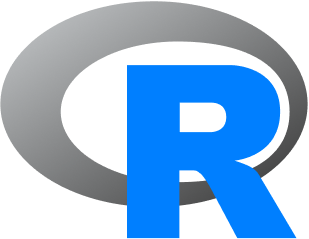
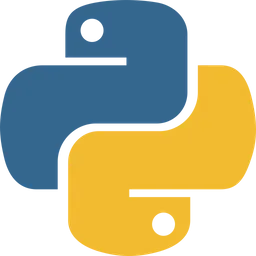
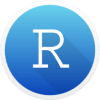

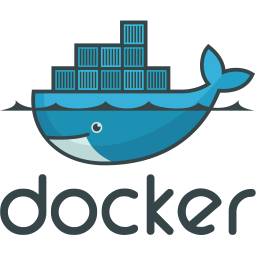


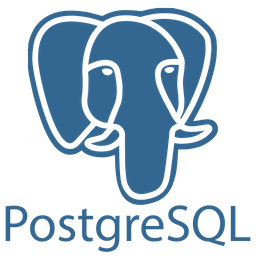










In 2017, I founded DataKolektiv after nearly 25 years in academic and applied science and research. Between 2017 and 2022, I worked as a Data Scientist for Wikidata, one of the world’s largest and most complex knowledge bases, where I provided full-stack Data Science, Engineering and ML services – more details can be found in my Wikidata Analytics System Repo.
My academic background includes significant research on human associative and semantic memory, concepts and categorization, statistical causal induction, and decision-making under risk. Collaborating with leading Cognitive Scientists in concept learning, my work was cited in The Stevens’ Handbook of Experimental Psychology, Volume 3. Language and Thought. I have also co-edited and co-authored five books on Internet user behavior and attitudes, which cover theoretical aspects of Information Society development and Internet Governance.
Programming has been a part of my life since 1984, beginning in the 8-bit era. At sixteen, I published my first review of a PASCAL compiler, and at nineteen, I wrote my first scientific paper in Cognitive Psychology. Since then, my career has intersected computer science, mathematical statistics, and social sciences. The story of my journey was shared during my first meeting with Ivan Minić on the Pojačalo podcast.
Currently, I am the Chief AI Officer at smartocto.
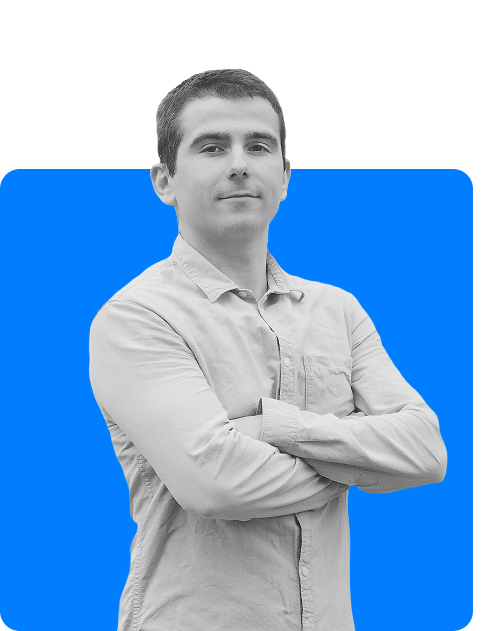
Dragomir Vlačić is a student of Information Technology with a strong curiosity for data science and how it connects programming, statistics, and real-world problem solving. He's currently exploring areas like data analysis and machine learning, and enjoys sharing what he learns with others. His interests lie in understanding how data shapes the world, and how we can make sense of it with the right tools. In his free time, he enjoys playing guitar and reading.

Hi, I’m a mathematician who worked as a teacher in Mathematical Grammar School in Belgrade for over a decade. Over the past ten years, I’ve grown deeply passionate about AI and I’m here to help you grasp the essential mathematical concepts powering AI under the hood.
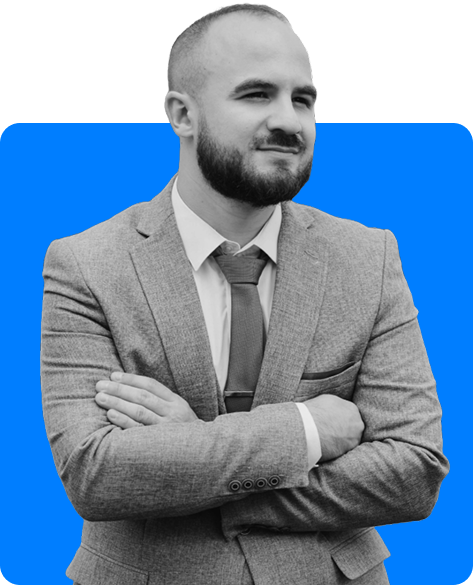
Lazar Beić is a master mathematician from Novi Sad. He specializes in risk analysis and risk modeling within the banking sector, with a particular emphasis on scoring models. His interests revolve around the application of probability, statistics, and mathematical analysis, with data science serving as a perfect example of these disciplines in practice. In his free time, he enjoys spending time with his family in nature or fishing.
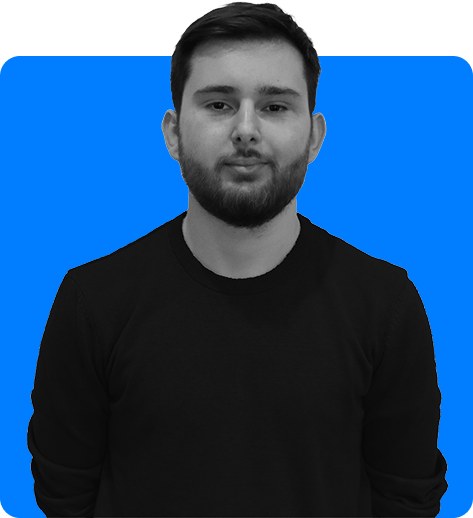
Hello, I'm a full-stack software developer from Zrenjanin (Stajićevo) specializing in web and mobile application development, with a strong focus on backend architecture, frontend quality, and database design. I have a great passion for machine learning and artificial intelligence. I am also a big cinephile and a fan of quizzes, as well as football and boxing.